Home>Gardening & Outdoor>Landscaping Ideas>What Fertilizer To Use On Bermuda Grass
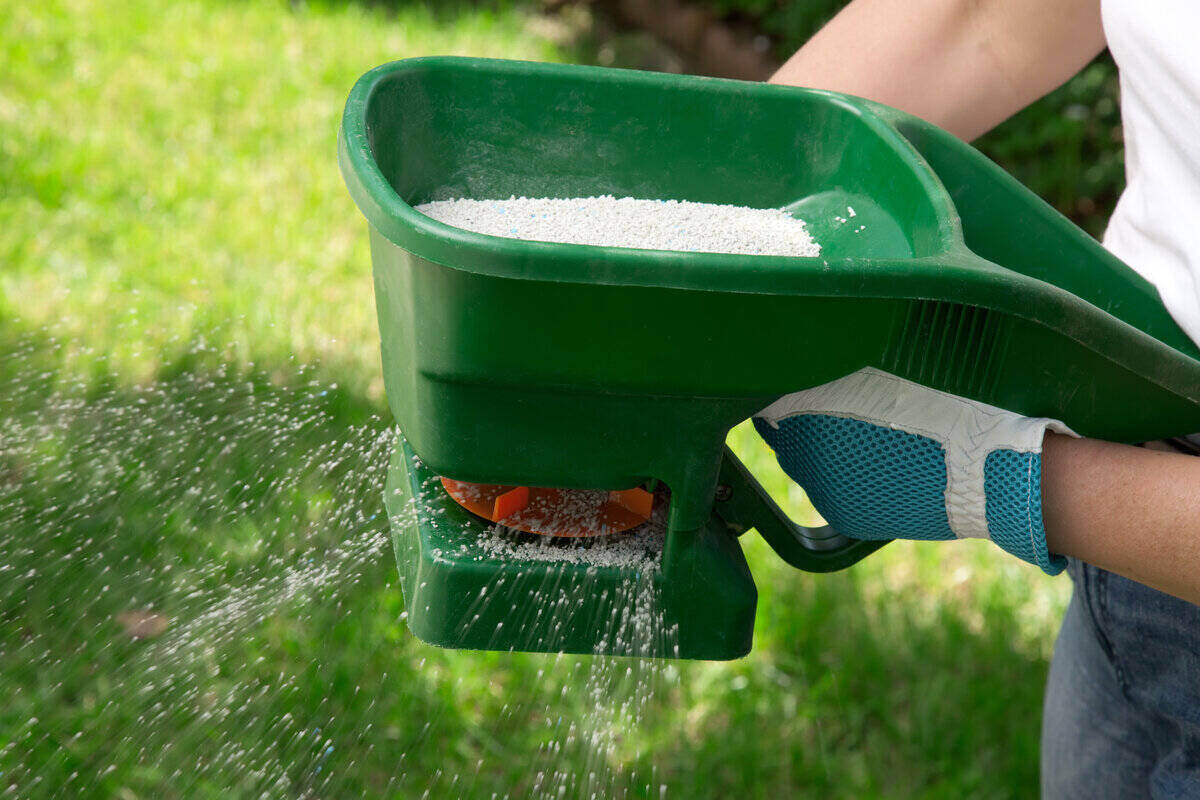

Landscaping Ideas
What Fertilizer To Use On Bermuda Grass
Modified: October 19, 2024
Discover the best fertilizer for Bermuda grass and improve your landscaping with our expert tips and ideas. Transform your lawn with the right fertilizer for lush, healthy Bermuda grass.
(Many of the links in this article redirect to a specific reviewed product. Your purchase of these products through affiliate links helps to generate commission for Storables.com, at no extra cost. Learn more)
Introduction
Maintaining a lush, vibrant lawn is a goal cherished by many homeowners and landscaping enthusiasts. A key aspect of achieving this is understanding the specific needs of the grass variety being cultivated. Bermuda grass, known for its resilience and adaptability, thrives in warm climates and is a popular choice for lawns due to its ability to withstand heavy foot traffic and recover quickly from stress. To ensure that Bermuda grass remains healthy and visually appealing, it is essential to provide it with the proper nutrients, with fertilizer playing a crucial role in this process.
In this comprehensive guide, we will delve into the world of Bermuda grass fertilization, exploring the various types of fertilizers suitable for this resilient grass species. We will also identify the best fertilizer options and provide valuable insights on how to effectively apply them to your Bermuda grass lawn. Additionally, we will offer practical tips for maintaining a healthy and vibrant Bermuda grass lawn, empowering you to elevate your landscaping efforts and achieve the lush, green expanse you desire.
Understanding the unique characteristics of Bermuda grass and the specific nutrients it requires is fundamental to fostering its growth and resilience. By gaining insight into the best practices for fertilizing and maintaining Bermuda grass, you can embark on a journey toward a thriving, verdant lawn that enhances the beauty of your outdoor space. So, let's embark on this enlightening exploration of Bermuda grass fertilization and discover the secrets to nurturing a resilient, vibrant lawn that will be the envy of the neighborhood.
Key Takeaways:
- Choosing the Right Fertilizer
Selecting the best fertilizer for Bermuda grass involves considering its nutrient needs, release mechanism, and granule size. This helps promote vibrant growth and long-term health for your lawn. - Fertilizing Tips for Success
When applying fertilizer to Bermuda grass, remember to conduct a soil test, choose the right fertilizer, time the application correctly, and follow up with proper watering. These steps help ensure balanced growth and a healthy, lush lawn.
Read more: What Is A Good Fertilizer For Bermuda Grass
Understanding Bermuda Grass
Bermuda grass, scientifically known as Cynodon dactylon, is a warm-season grass variety celebrated for its exceptional resilience and adaptability. This grass species thrives in regions with hot, humid climates, making it a popular choice for lawns, parks, and athletic fields in the southern United States and other warm-weather regions around the world. Its robust nature enables it to withstand heavy foot traffic, making it an ideal option for high-activity areas.
One of the defining characteristics of Bermuda grass is its rapid growth and regenerative capabilities. It spreads vigorously through both above-ground stolons and below-ground rhizomes, allowing it to quickly fill in bare patches and recover from stress, such as drought or heavy use. This aggressive growth habit, while advantageous for lawn coverage, also necessitates regular maintenance to prevent it from encroaching on flower beds, walkways, and other landscaped areas.
Bermuda grass exhibits excellent drought tolerance, enabling it to endure extended periods of dry weather. Its deep root system allows it to access water from lower soil levels, contributing to its ability to survive in arid conditions. Additionally, Bermuda grass boasts exceptional heat tolerance, thriving in full sun and high temperatures that may cause other grass species to wither and brown.
Understanding the growth patterns and unique characteristics of Bermuda grass is essential for effective lawn care and maintenance. By recognizing its resilience, rapid growth, and tolerance to heat and drought, homeowners and landscapers can tailor their care routines to support the health and vitality of this robust grass species.
As we delve deeper into the realm of Bermuda grass fertilization, this foundational understanding of its growth habits and environmental preferences will serve as a valuable compass, guiding us toward the most effective strategies for nurturing and sustaining a vibrant Bermuda grass lawn.
Types of Fertilizers for Bermuda Grass
When it comes to fertilizing Bermuda grass, selecting the right type of fertilizer is pivotal for promoting its growth and overall health. Fertilizers are typically categorized based on their nutrient content and release mechanisms, with each type offering distinct advantages for nurturing Bermuda grass lawns. Here are the primary types of fertilizers commonly used for Bermuda grass:
1. Granular Fertilizers
Granular fertilizers are a popular choice for Bermuda grass due to their ease of application and long-lasting effects. These fertilizers come in various formulations, including quick-release and slow-release options. Quick-release granular fertilizers provide an immediate nutrient boost to the grass, making them suitable for addressing immediate nutrient deficiencies or promoting rapid growth during the active growing season. On the other hand, slow-release granular fertilizers deliver nutrients gradually over an extended period, promoting sustained growth and reducing the risk of nutrient leaching. This type of fertilizer is particularly beneficial for maintaining consistent nutrient levels in the soil, supporting the long-term health and resilience of Bermuda grass.
2. Liquid Fertilizers
Liquid fertilizers offer a fast-acting solution for providing essential nutrients to Bermuda grass. These fertilizers are typically applied using a sprayer, allowing for precise and uniform coverage across the lawn. Liquid fertilizers are readily absorbed by the grass, making them an effective option for addressing immediate nutrient deficiencies or revitalizing the lawn during periods of stress. Additionally, liquid fertilizers can be customized by adjusting the dilution ratio, enabling tailored nutrient delivery based on the specific needs of the Bermuda grass.
Read more: What Fertilizer To Use For Grass
3. Organic Fertilizers
Organic fertilizers, derived from natural sources such as compost, animal manure, and plant-based materials, offer a sustainable and environmentally friendly approach to nourishing Bermuda grass. These fertilizers provide a rich blend of nutrients and organic matter, fostering soil health and microbial activity while supporting the long-term vitality of the grass. Organic fertilizers contribute to soil structure improvement, moisture retention, and overall resilience of Bermuda grass, making them a favored choice for eco-conscious homeowners and those seeking to enhance the natural balance of their lawn ecosystem.
4. Synthetic Fertilizers
Synthetic or chemical fertilizers are formulated to deliver specific nutrient ratios tailored to the needs of Bermuda grass at different stages of growth. These fertilizers offer precise control over nutrient levels and are designed to address targeted deficiencies in the soil. While synthetic fertilizers provide rapid nutrient uptake by the grass, careful application and adherence to recommended dosages are essential to prevent over-fertilization and minimize the risk of nutrient runoff.
Understanding the characteristics and benefits of each type of fertilizer is essential for making informed decisions regarding the most suitable option for nurturing Bermuda grass. By considering factors such as nutrient release rates, soil conditions, and environmental impact, homeowners and landscapers can select the most appropriate fertilizer to support the health and vibrancy of their Bermuda grass lawn.
Best Fertilizer for Bermuda Grass
Selecting the best fertilizer for Bermuda grass is a pivotal decision that directly impacts the health, resilience, and overall appearance of the lawn. The ideal fertilizer should provide a balanced blend of essential nutrients tailored to the specific requirements of Bermuda grass, promoting robust growth, vibrant color, and long-term vitality. When exploring the myriad of fertilizer options available, several key factors should be considered to identify the most suitable choice for nurturing Bermuda grass.
One of the primary considerations when choosing a fertilizer for Bermuda grass is the nutrient composition. A high-quality Bermuda grass fertilizer should contain a balanced ratio of nitrogen (N), phosphorus (P), and potassium (K), commonly referred to as NPK. Nitrogen is crucial for promoting lush, green growth and enhancing the overall aesthetic appeal of the grass. Phosphorus supports root development and contributes to the establishment of a strong, resilient root system, enabling Bermuda grass to withstand environmental stressors and thrive in diverse conditions. Potassium plays a vital role in enhancing the grass's tolerance to drought, disease resistance, and overall resilience, making it an essential component of an effective Bermuda grass fertilizer.
In addition to the NPK ratio, the release mechanism of the fertilizer is a critical factor to consider. For Bermuda grass, a balanced-release fertilizer is often recommended, as it provides a steady supply of nutrients to the grass over an extended period, promoting sustained growth and minimizing the risk of nutrient leaching. Slow-release fertilizers are particularly beneficial for Bermuda grass, as they support consistent nutrient uptake by the grass while reducing the frequency of application, simplifying lawn maintenance and promoting long-term health.
Furthermore, the granule size and texture of the fertilizer should be compatible with the growth habits of Bermuda grass. Fine granular fertilizers are well-suited for Bermuda grass lawns, as they facilitate even distribution and efficient absorption of nutrients by the grass. This ensures uniform growth and coloration across the lawn, contributing to a visually appealing and well-maintained landscape.
When seeking the best fertilizer for Bermuda grass, it is essential to consider the specific needs of the grass variety and the unique environmental conditions of the lawn. By prioritizing a balanced nutrient composition, a suitable release mechanism, and granular characteristics that align with the growth habits of Bermuda grass, homeowners and landscapers can make an informed choice that fosters the optimal health and vibrancy of their Bermuda grass lawn.
How to Apply Fertilizer to Bermuda Grass
Applying fertilizer to Bermuda grass is a crucial step in nurturing its growth and ensuring a vibrant, healthy lawn. The process of fertilization should be approached with care and precision to maximize the effectiveness of the nutrients and promote balanced, sustained growth. Here's a comprehensive guide on how to properly apply fertilizer to Bermuda grass:
1. Soil Testing
Before applying fertilizer, it is advisable to conduct a soil test to assess the nutrient levels and pH balance of the soil. This analysis provides valuable insights into the specific nutrient requirements of the Bermuda grass and enables homeowners to make informed decisions regarding the type and quantity of fertilizer needed.
2. Selecting the Right Fertilizer
Based on the results of the soil test, choose a high-quality fertilizer with a balanced nutrient composition tailored to the needs of Bermuda grass. Consider factors such as the NPK ratio, release mechanism, and granule size to ensure compatibility with the grass's growth habits and environmental conditions.
3. Application Timing
The timing of fertilizer application is critical for optimizing its impact on Bermuda grass. In warm-season regions, such as the southern United States, the ideal time to apply fertilizer to Bermuda grass is during its active growing season, typically from late spring to early fall. Avoid fertilizing during periods of dormancy or extreme weather conditions to prevent stress on the grass.
4. Application Method
When applying granular fertilizer, use a broadcast spreader to ensure even distribution across the lawn. Calibrate the spreader according to the manufacturer's instructions to achieve the recommended application rate. For liquid fertilizers, utilize a sprayer to achieve uniform coverage, adjusting the dilution ratio as needed to deliver the appropriate nutrient concentration to the Bermuda grass.
5. Watering and Post-Application Care
After applying the fertilizer, water the lawn thoroughly to facilitate the absorption of nutrients by the grass and prevent potential burn from concentrated fertilizer granules. Ensure that the grass receives approximately 1 inch of water within a few days of fertilization to promote nutrient uptake and minimize the risk of leaching.
6. Follow-Up Fertilization
To maintain the health and vitality of Bermuda grass, consider implementing a regular fertilization schedule based on the grass's growth patterns and nutrient requirements. This may involve multiple applications throughout the active growing season, with careful attention to the recommended dosage and frequency to avoid over-fertilization.
By following these guidelines for applying fertilizer to Bermuda grass, homeowners and landscapers can optimize the effectiveness of the nutrients, promote balanced growth, and cultivate a lush, vibrant lawn that showcases the resilience and beauty of this exceptional grass species.
Tips for Maintaining a Healthy Bermuda Grass Lawn
-
Mowing Practices: Proper mowing is essential for the health and appearance of Bermuda grass. Maintain a mowing height of 1 to 1.5 inches for common Bermuda grass and 0.5 to 1 inch for hybrid varieties. Regular mowing encourages lateral growth and helps control thatch buildup, promoting a dense, resilient lawn.
-
Watering Techniques: Bermuda grass thrives in well-drained soil and benefits from deep, infrequent watering. Water the lawn early in the morning to minimize evaporation and reduce the risk of fungal diseases. Aim to provide the grass with 1 to 1.5 inches of water per week, adjusting based on local weather conditions and soil moisture levels.
-
Aeration: Periodic aeration is beneficial for Bermuda grass lawns, as it alleviates soil compaction and enhances root development. Core aeration allows for improved air and water penetration, fostering a healthy root system and promoting the overall vigor of the grass.
-
Weed Control: Implement proactive weed control measures to prevent invasive species from encroaching on the Bermuda grass. Regularly inspect the lawn for weeds and address them promptly to maintain the integrity and uniformity of the grass.
-
Fertilization Schedule: Develop a tailored fertilization schedule based on the specific needs of Bermuda grass. Utilize a balanced-release fertilizer to provide consistent nutrients throughout the growing season, promoting steady growth and vibrant coloration. Adhere to recommended application rates and timing to avoid over-fertilization and minimize environmental impact.
-
Integrated Pest Management: Monitor the lawn for signs of pests and diseases, and implement integrated pest management strategies to mitigate potential threats. Utilize natural predators, cultural practices, and targeted treatments to maintain a healthy balance within the lawn ecosystem.
-
Overseeding: Consider overseeding Bermuda grass lawns to introduce new cultivars or enhance density. Overseeding can help fill in bare patches, improve color and texture, and rejuvenate the overall appearance of the lawn.
-
Seasonal Maintenance: Tailor lawn care practices to the seasonal requirements of Bermuda grass. Adjust mowing heights, watering frequency, and maintenance routines based on the grass's growth patterns and environmental conditions throughout the year.
By incorporating these tips into your lawn care regimen, you can foster the optimal health and beauty of your Bermuda grass lawn, creating a lush, resilient outdoor space that enhances the aesthetic appeal of your property.
Frequently Asked Questions about What Fertilizer To Use On Bermuda Grass
Was this page helpful?
At Storables.com, we guarantee accurate and reliable information. Our content, validated by Expert Board Contributors, is crafted following stringent Editorial Policies. We're committed to providing you with well-researched, expert-backed insights for all your informational needs.

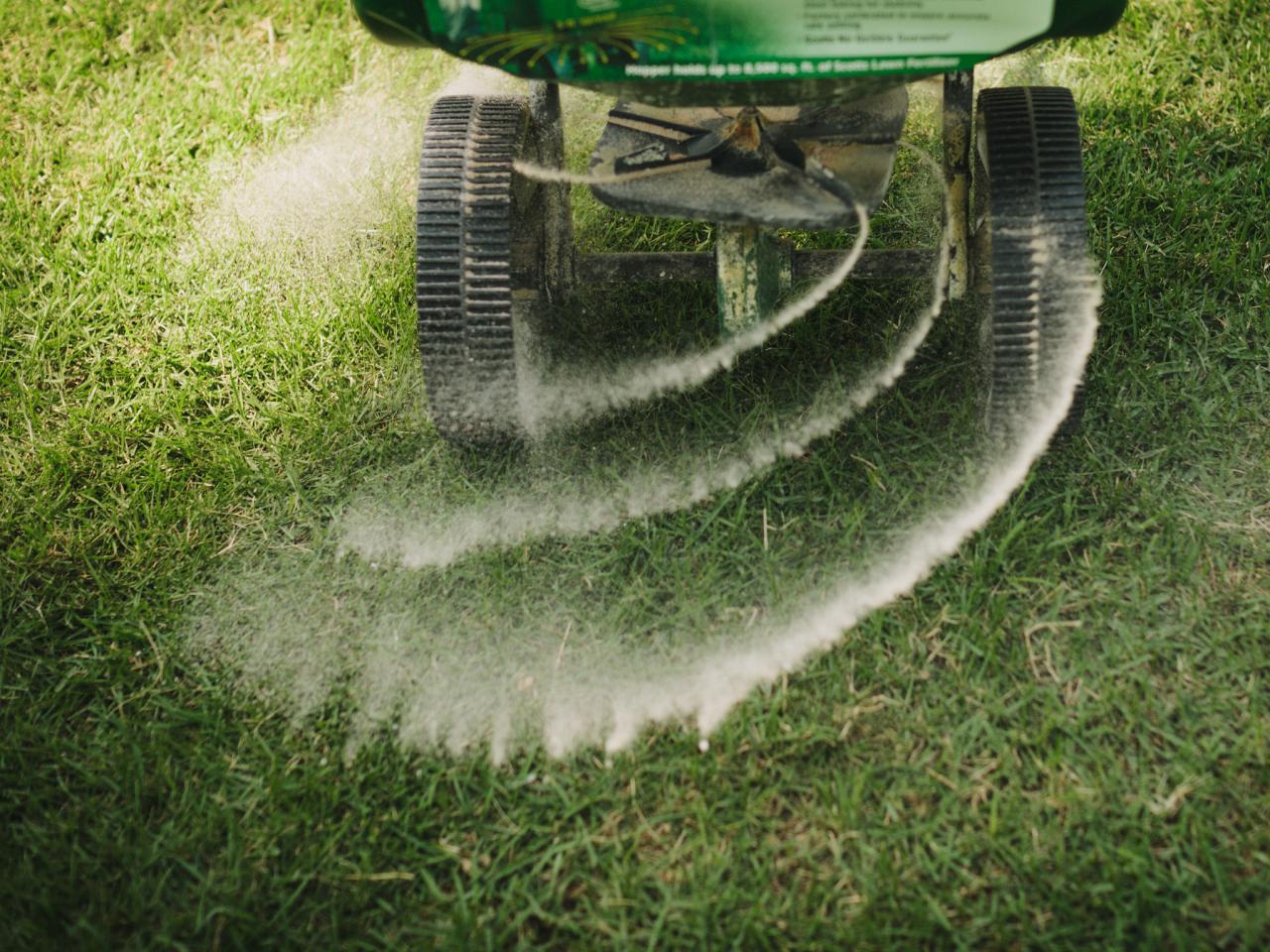

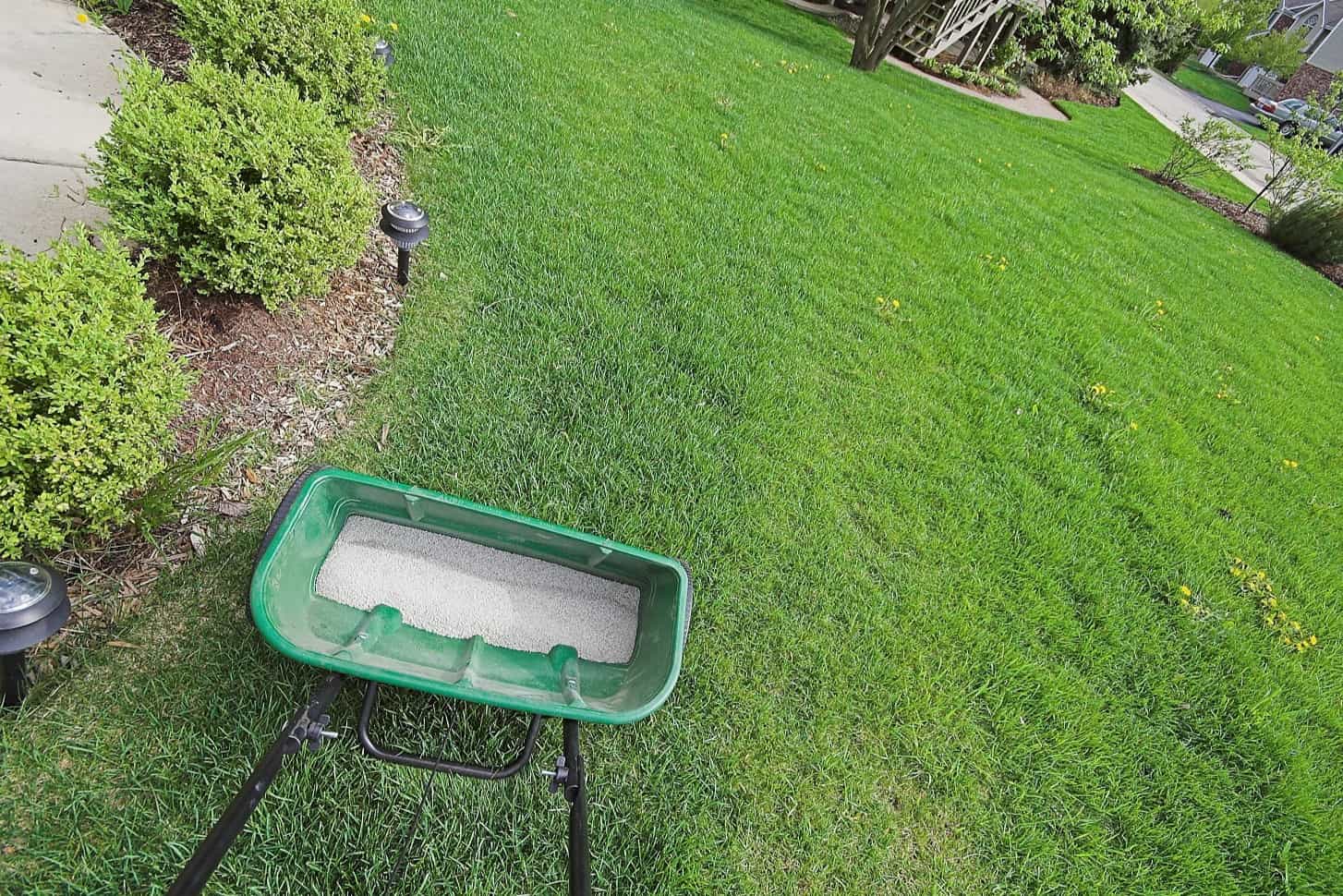

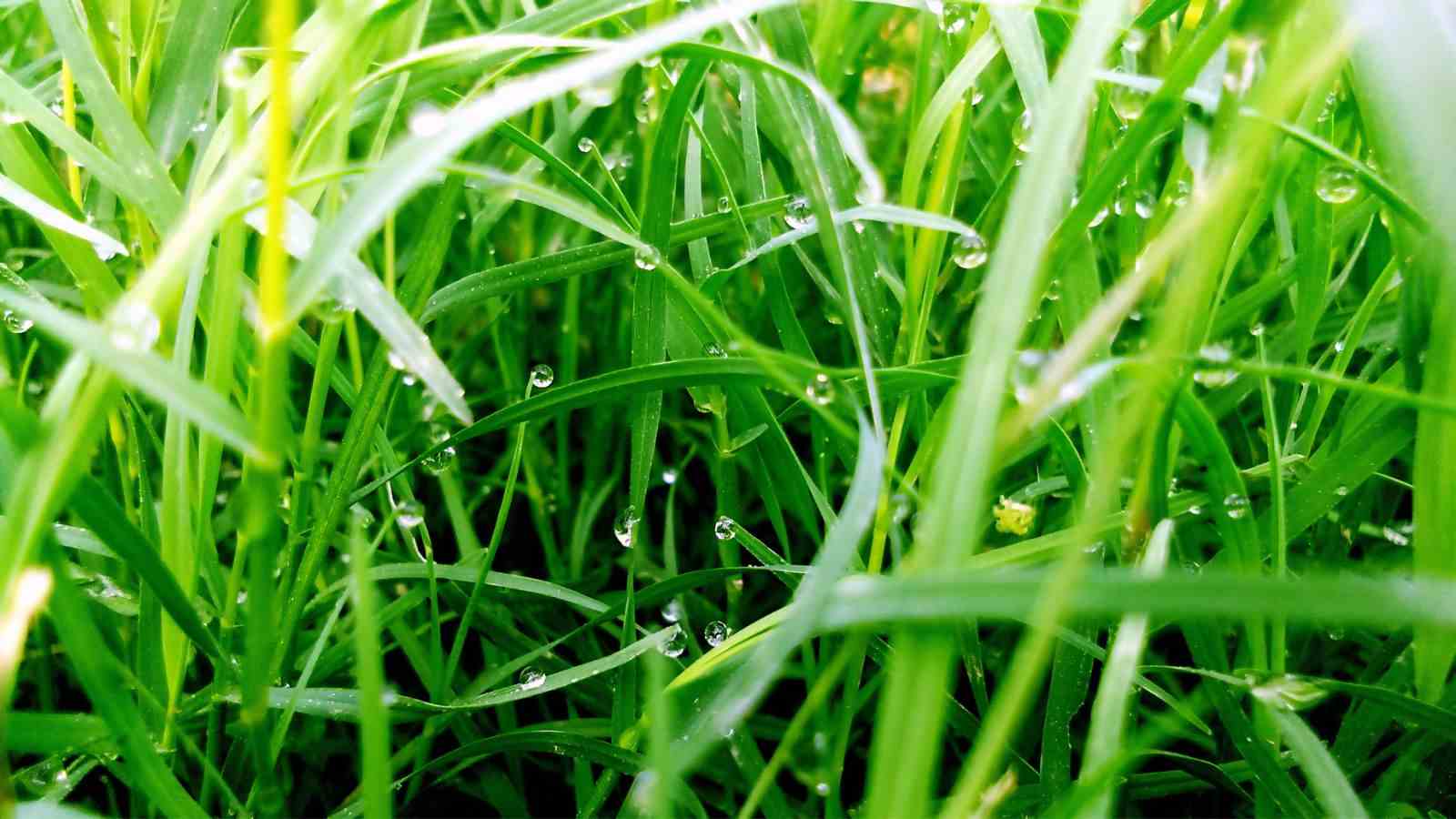
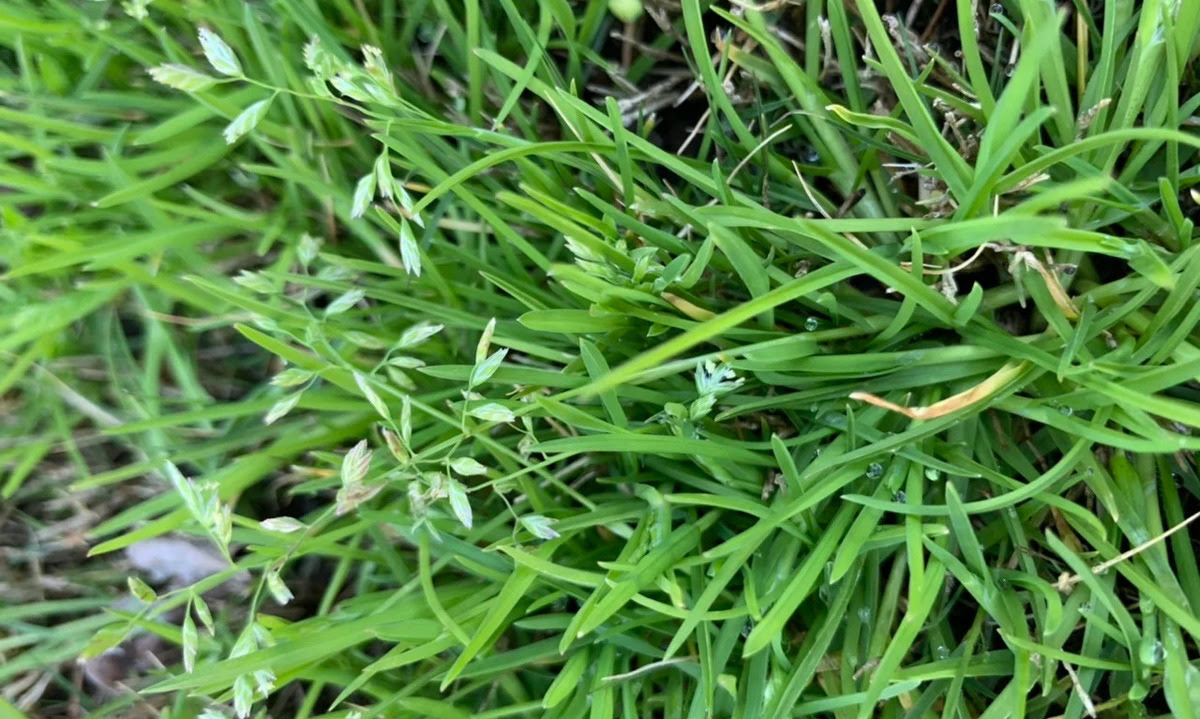
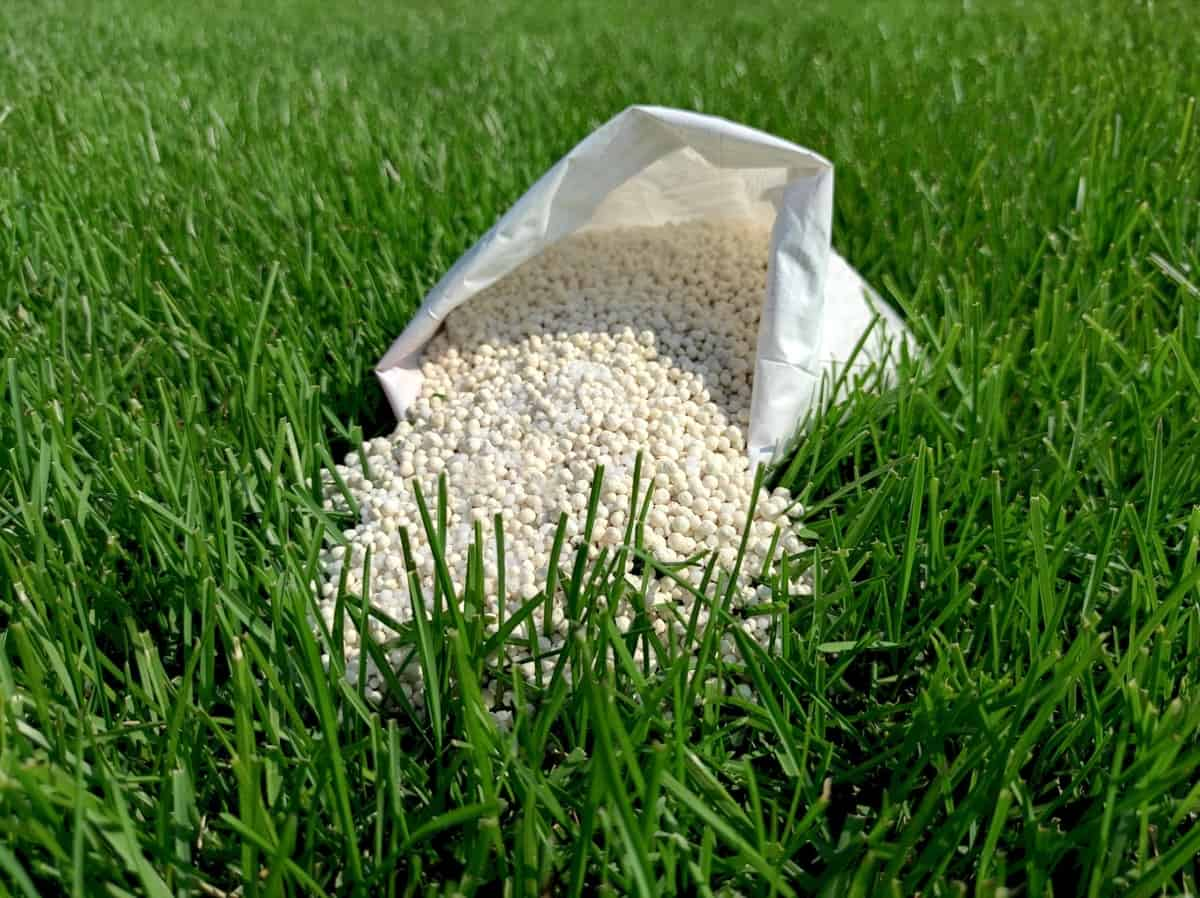
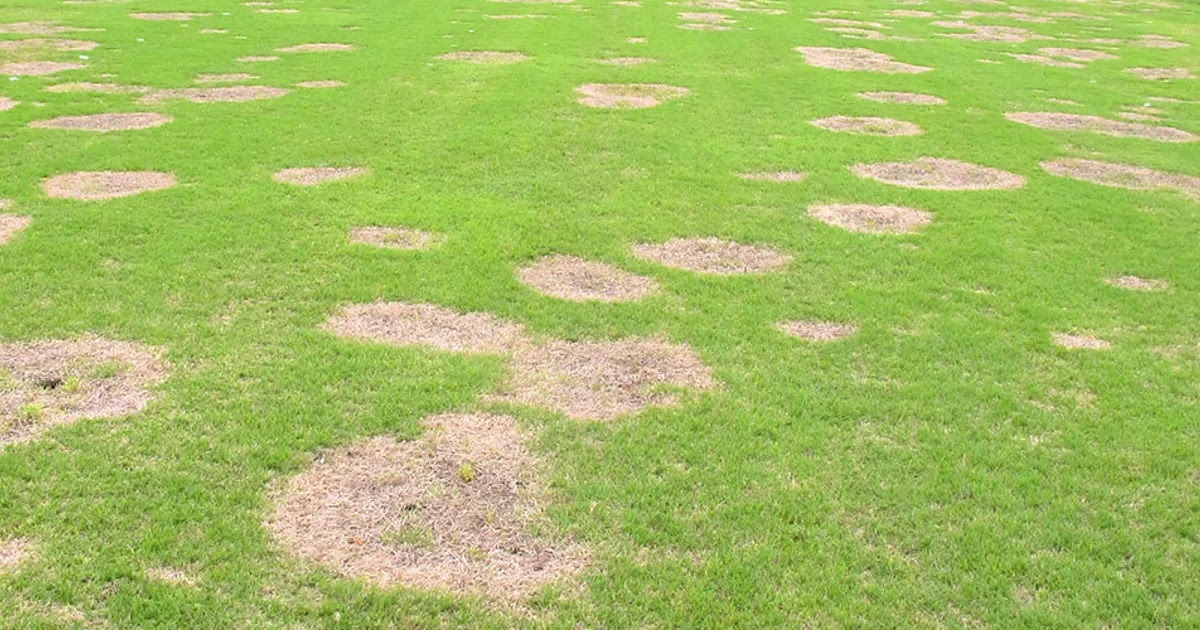
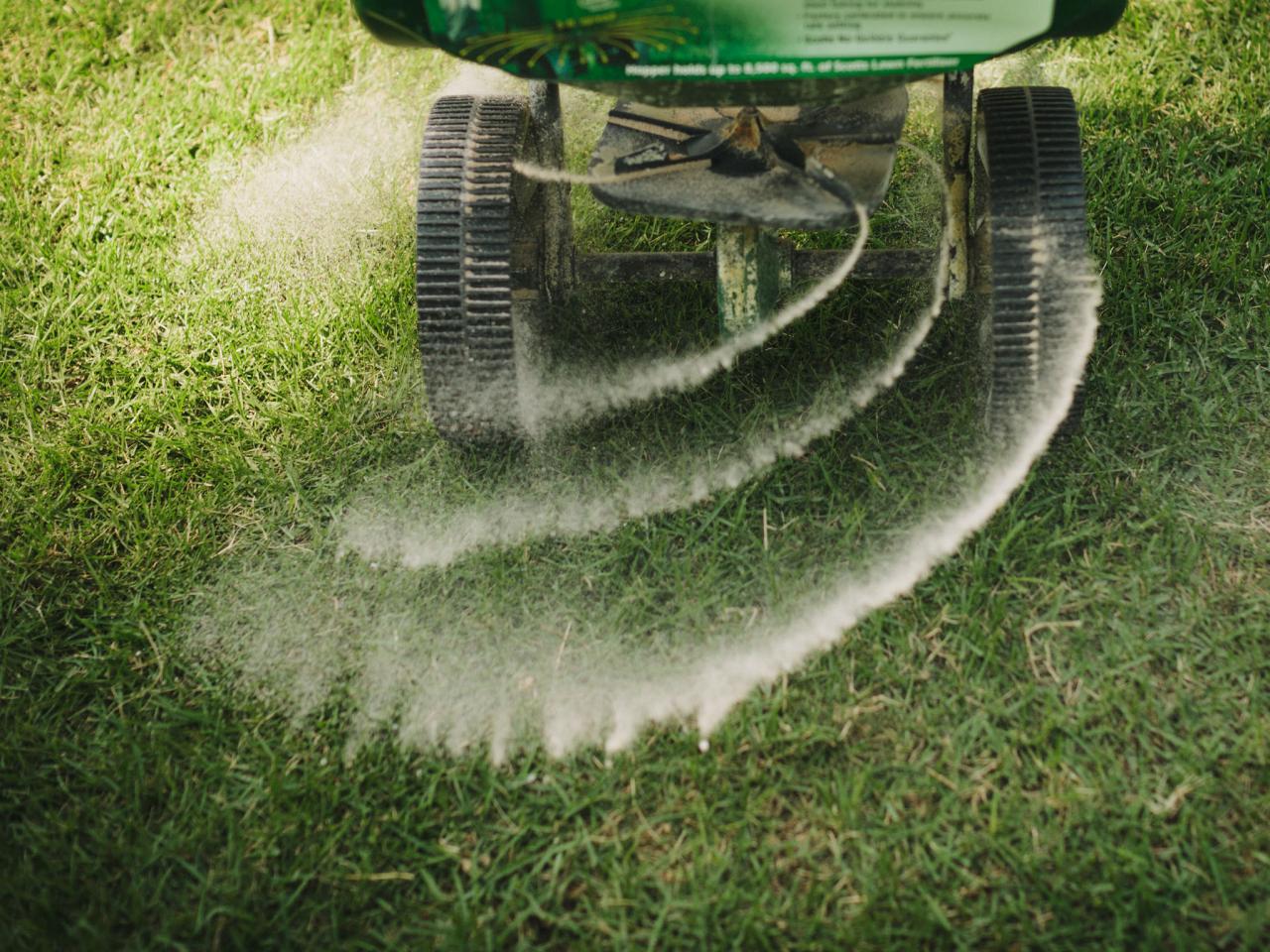
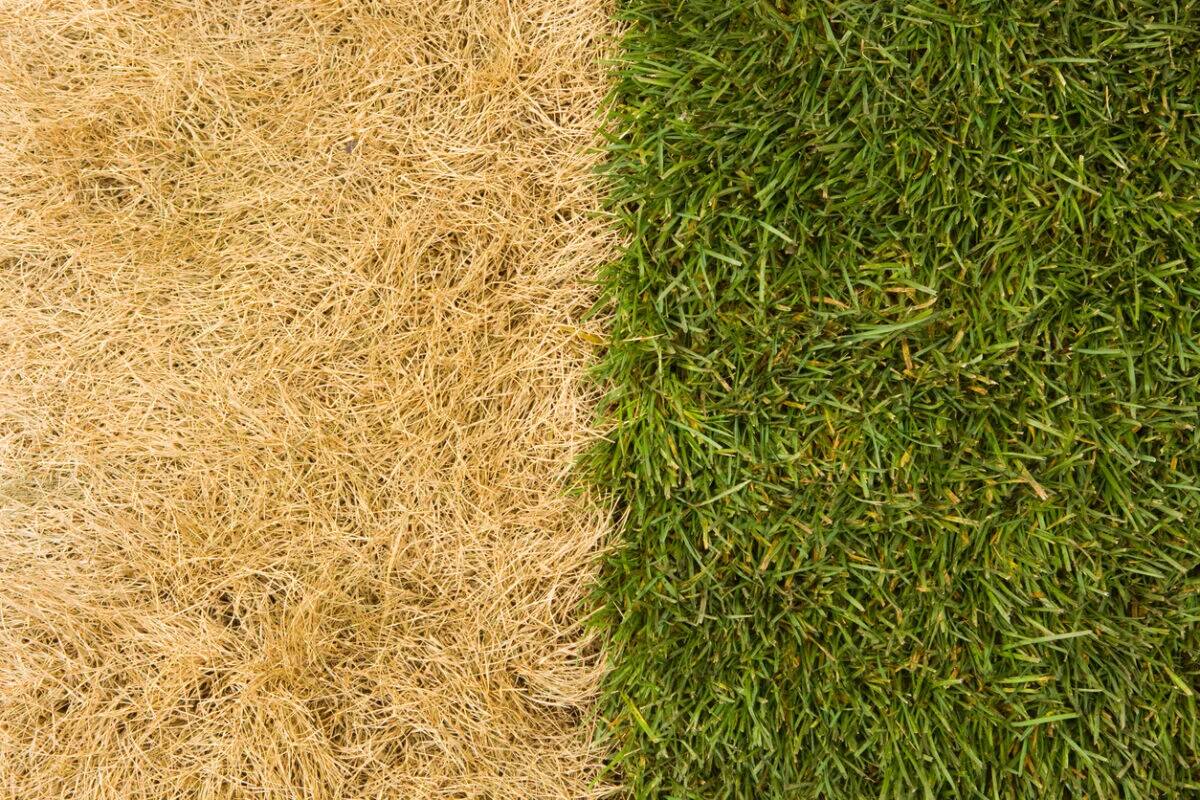
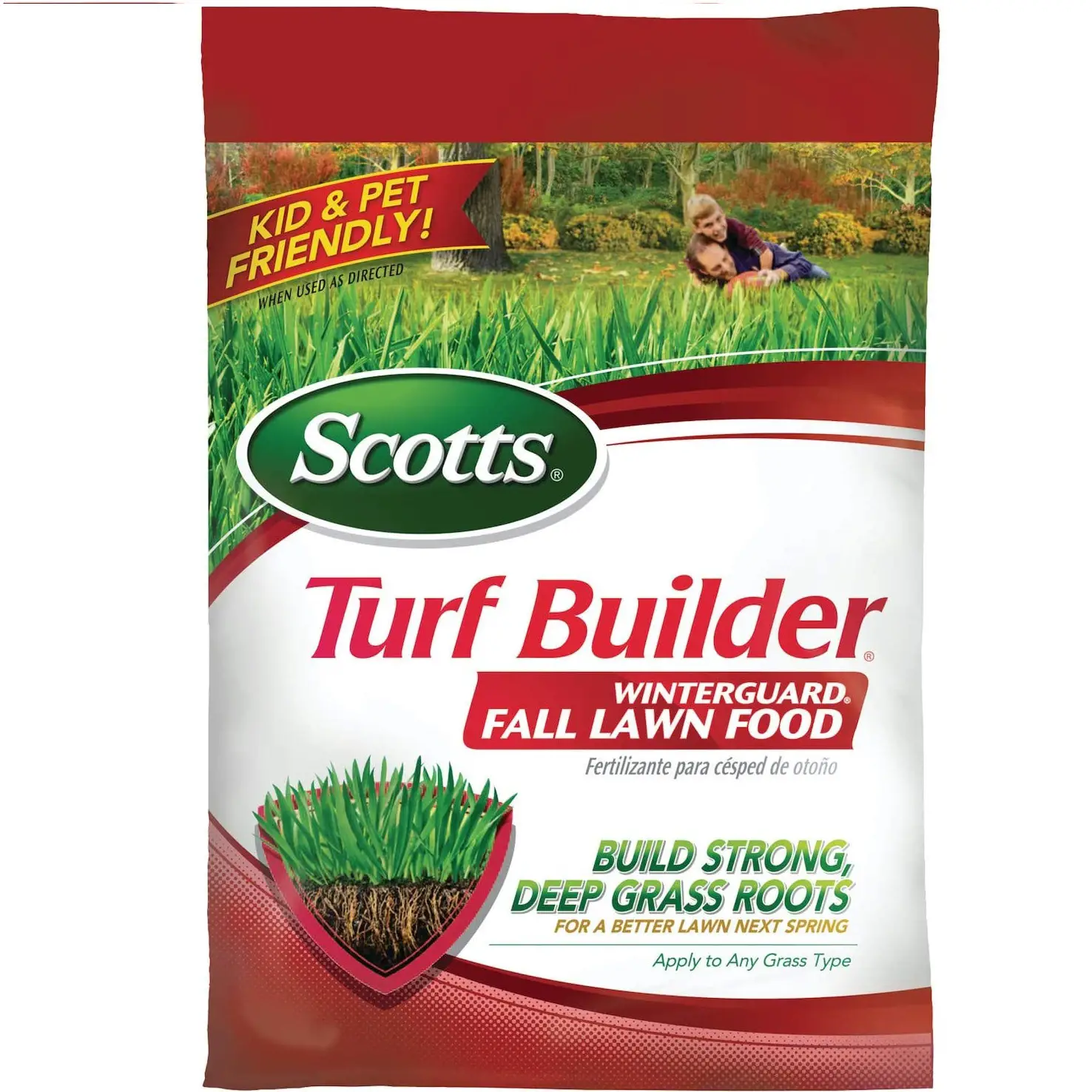

0 thoughts on “What Fertilizer To Use On Bermuda Grass”